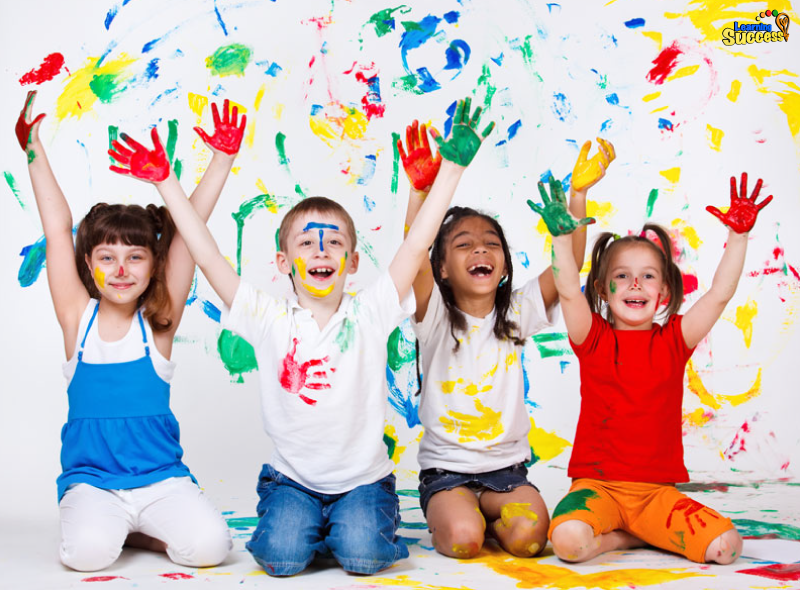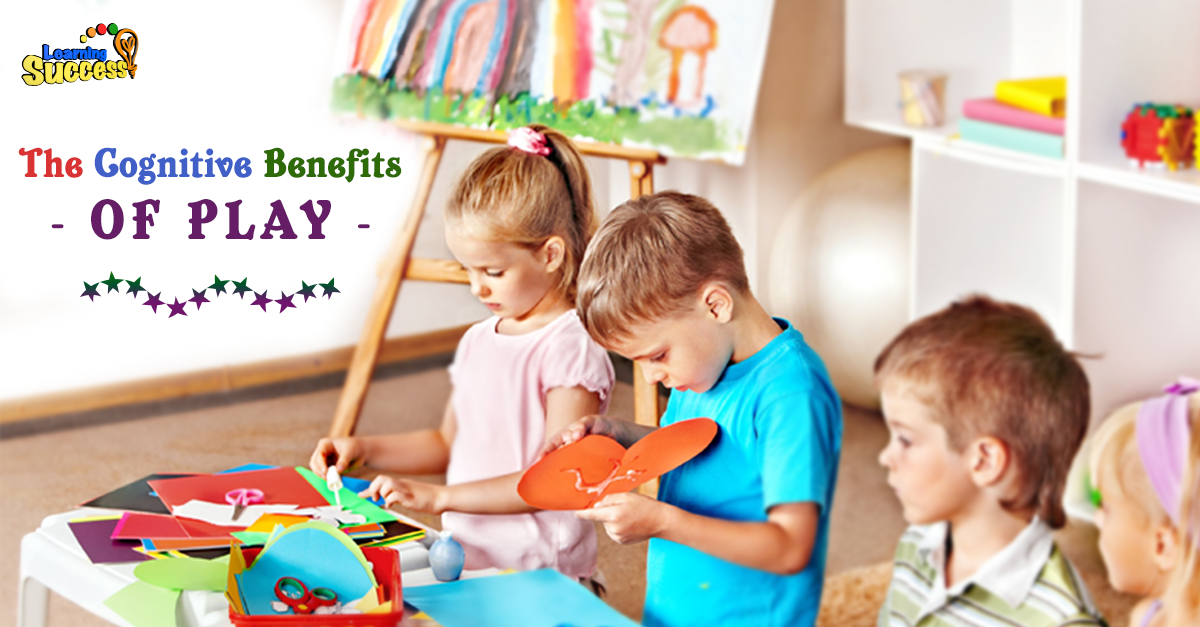
The desire to play is inherent in children. We all know how much kids love to play, but the act of playing -- both alone and with other children -- actually has benefits that can increase their brain power!
Playing is an important way for children to develop their minds.
Playing games and pretend is an important facet of a child’s life, providing an instant connection to the world. Children who engage with others during their playtime helps them learn social skills and increase their own self-awareness. These then build into better emotional intelligence, and when rules are involved, even give children an opportunity to teach other children. All of these actions stimulate children's minds through both challenge and motion, and taps into their creativity.

Playing molds who you'll grow up to be
How children play in their youth has lasting effects on who they'll eventually grow up to be. The article Innovative Practice: 5 Strategies for the Early Learning Classroom emphasizes how playtime creates safe spaces for youth to grow, develop, and build relationships. Playing with other children helps them interact with others prior to learning about social labels, breaking down boundaries as they become exposed to other kinds of people.
Children actually have a great capacity to teach each other about social norms and expectations, build lifelong relationships, and tap into each other's creativity. This peer exploration helps hone their communication and social skills.
Essentially, play immediately bonds a new group of strangers together. It's an early exposure to rules and how to act with other people, without social pressure and cliques influencing children's choices. And by becoming exposed to and growing comfortable with all sorts of people at an early age, it helps reduce social anxiety and enjoy healthy interactions later in life, while also honing many social problem-solving skills and good habits.
Key Takeaways:
Luckily, play is not a hard sell on youth -- children are natural experts on playing, after all. It's up to parents and teachers to make positive play a common practice, with games that allow kids to practice their healthy interactions and problem-solving.
Do You Need help with a Learning Difficulty?
Our simple online analysis will help you get to the core of the problem and find the right solution for you.
Understanding how to help someone with a learning difficulty starts with understanding which micro-skills are affected. When you learn which of the micro-skills is the problem, you will then be on your way to solving it.
You'll also learn how to:
- Build confidence
- Enhance Learning ability
- Eliminate avoidance
- Build grit
You can get this analysis for free by filling out this simple form. This will help you get to the bottom of a learning difficulty and provide you with a solution. If you are ready to put this problem behind you click the button below and fill out the form.










